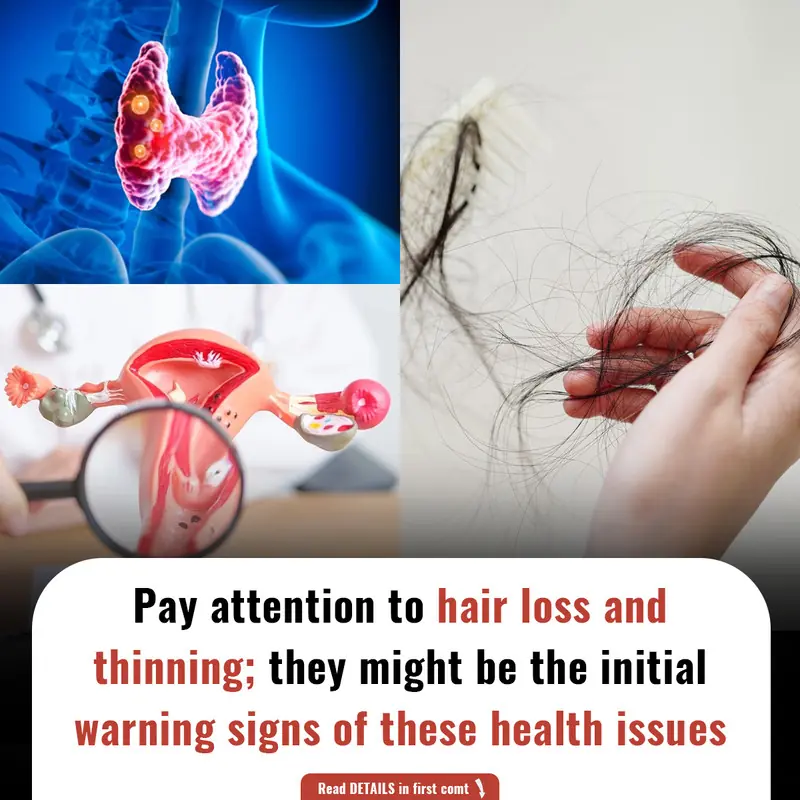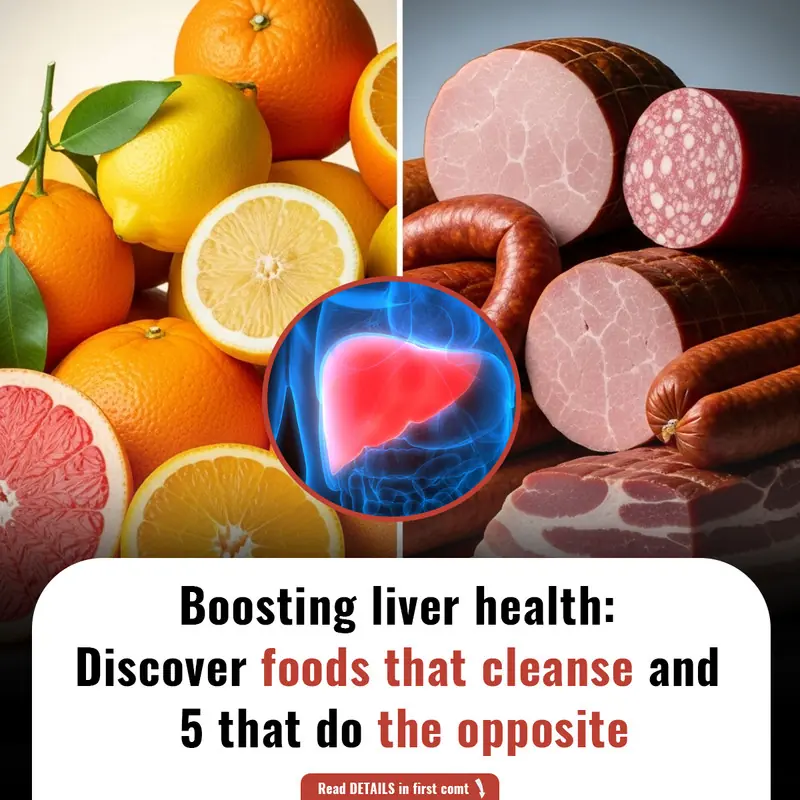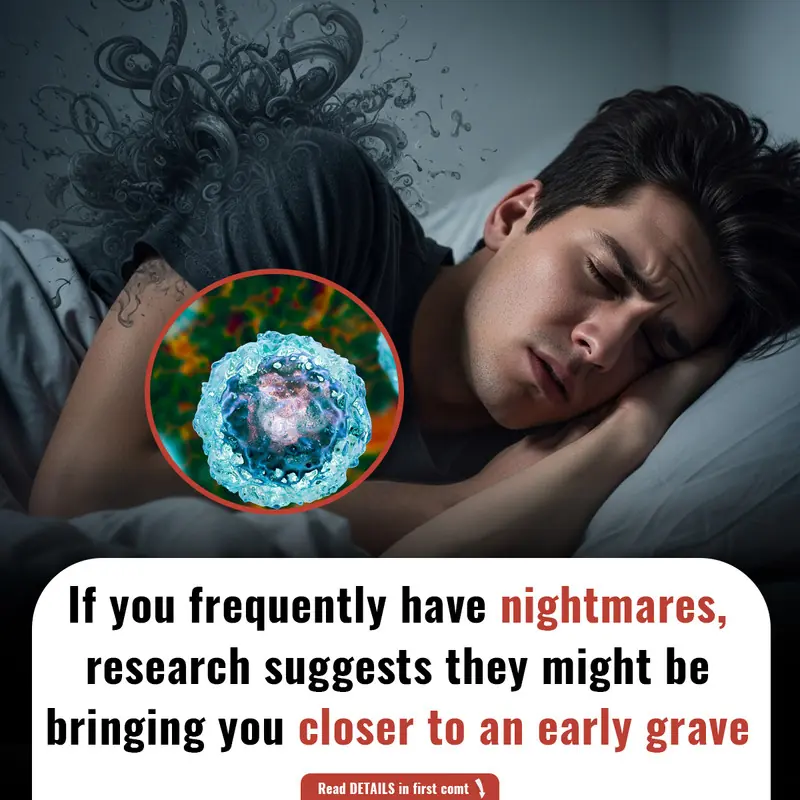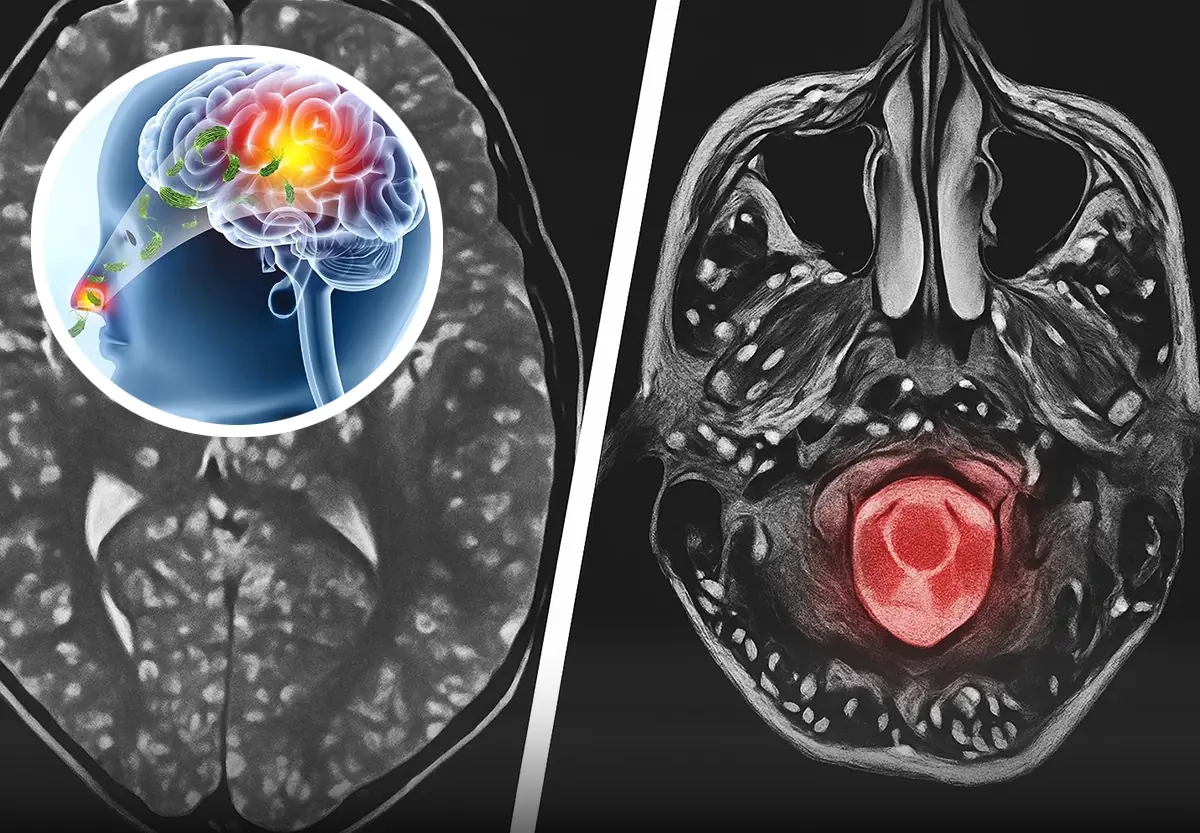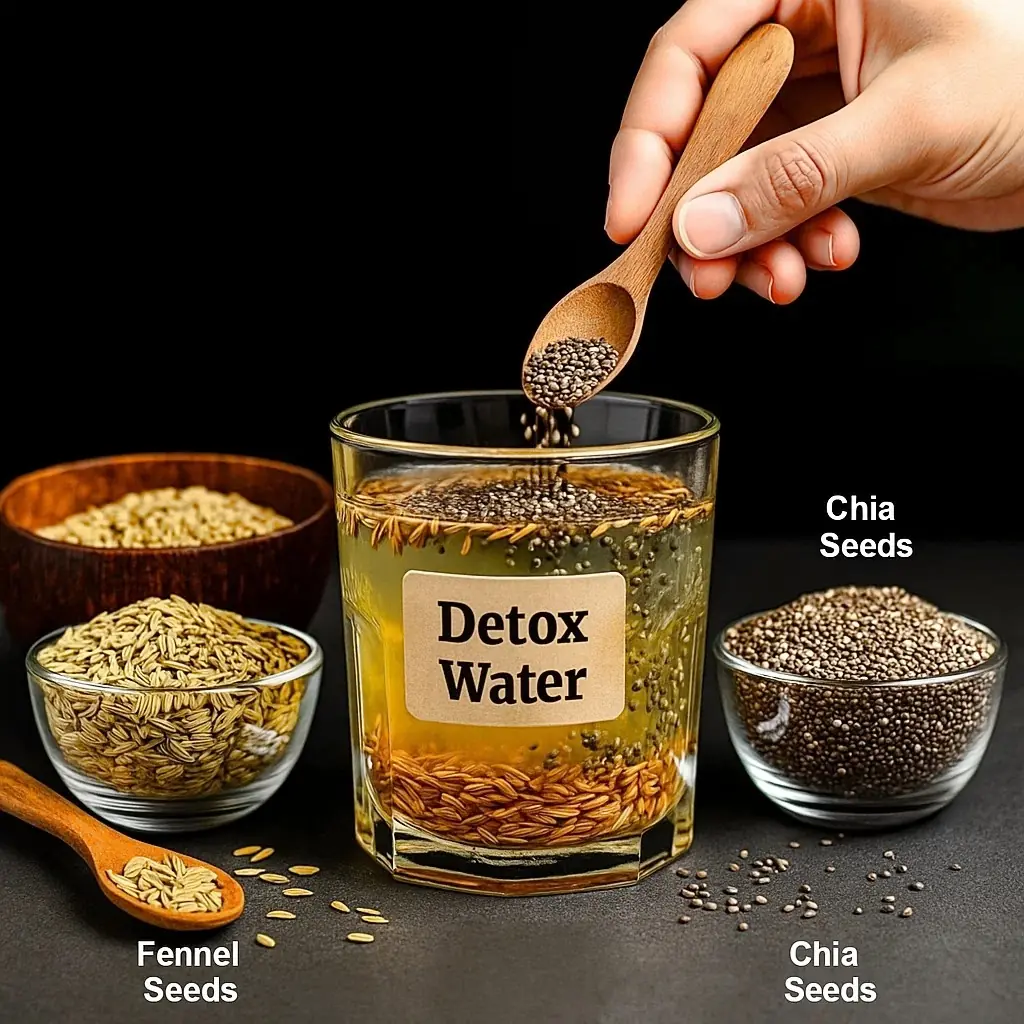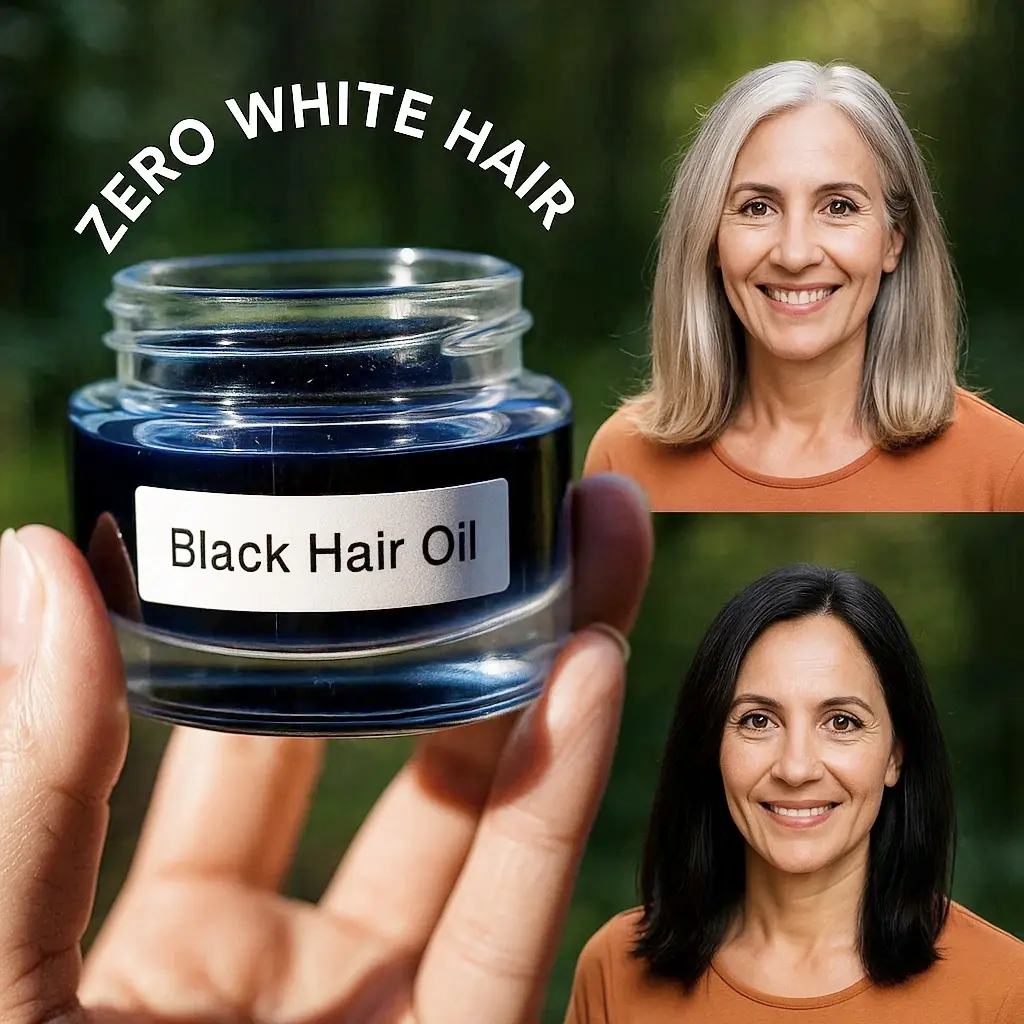Discover how caffeine activates an energy-sensing pathway in cells, promoting healthy aging and potentially offering longevity benefits. Learn about this groundbreaking research and its implications.
How Your Morning Coffee Might Help Fight Aging: The Science Behind Caffeine’s Benefits
For many, the day starts with a cup of coffee, but recent research suggests that your morning brew could do more than just wake you up—it may actually help fight aging at the cellular level.
Caffeine and Cellular Health
Scientists at Queen Mary University of London and the Francis Crick Institute have discovered that caffeine activates a key energy-sensing pathway in our cells called AMPK (AMP-activated protein kinase). This pathway plays a crucial role in cell growth, repair, and handling stress—critical processes for healthy aging.
The study used fission yeast as a model and found that caffeine stimulates AMPK, which in turn regulates another growth regulator, TOR (Target of Rapamycin). By activating AMPK, caffeine essentially flips a “fuel gauge” switch in cells, ensuring they remain efficient and better equipped to repair damage.
How Does This Affect Aging?
The findings from this research have significant implications for aging. The AMPK-TOR pathway is highly conserved across species, meaning the same mechanism is present in humans as well. In other words, caffeine’s effect on this pathway could potentially help slow down the aging process by improving how our cells function.
The discovery opens the door to potential caffeine-based therapies aimed at promoting longevity. These therapies could work similarly to how the diabetes drug metformin activates AMPK, a strategy already being explored for its longevity benefits. While this study was conducted on yeast cells, the broader implications for human health and aging are exciting.
The Takeaway: Coffee Could Be More Than Just an Energy Booster
While more research is needed, the findings suggest that your daily cup of coffee may already be doing more for you than just providing a caffeine boost. By helping your cells repair and function more efficiently, caffeine could potentially extend your cells' longevity and slow the aging process.
Conclusion
Though the concept of using caffeine for its potential anti-aging effects is still in its early stages, this research provides valuable insights into how everyday habits like drinking coffee might have longer-term health benefits. As science continues to unravel the mysteries of cellular aging, your morning coffee might just be a simple yet effective way to give your cells a longer lease on life.
Sources:
-
Queen Mary University of London
-
Francis Crick Institute
-
The Lancet
-
National Institute on Aging (NIA)










